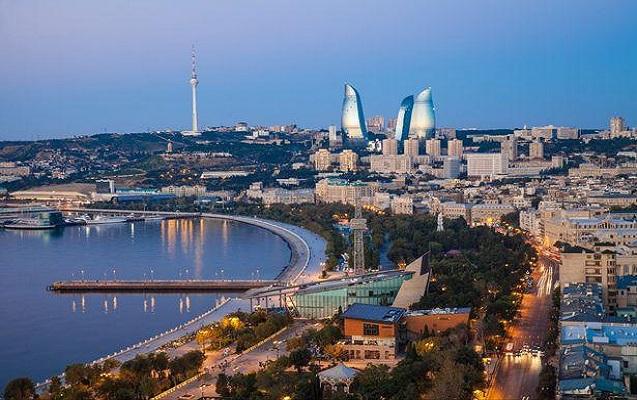Overview of Azerbaijan
16 Dekabr 2019 16:03 EnAzerbaijan is a small nation located in the Caucasus region, straddling Europe and Asia. Situated at a geographic crossroads, the land was ruled by many empires before it first became a democratic republic in 1918, following World War I. Just two years later, however, it was absorbed into the Soviet Union. In 1991, Azerbaijan emerged as an independent republic following the Soviet collapse.
The overwhelming majority of the nation's population is ethnic Azerbaijani, a group that combines Iranian, Turkic and Caucasian elements. Though the majority of citizens are Shia Muslim, Azerbaijan is a secular state that guarantees religious freedom.
Azerbaijan is considered a presidential republic. In the 21st century, however, the government has come under increasing criticism over itshuman-rights record and charges of corruption. The government has drawn criticism from Western governments and groups such as Amnesty International, Human Rights Watch and Reporters Without Borders for its treatment of its critics and journalists.
The nation is rich in natural resources, and its economy is heavily based on oil and other energy exports. The country is considered an upper-middle income nation possessing a high level of economic development and literacy.
Like many of the former Soviet republics, Azerbaijan has struggled to move to a market economy. Additionally, the World Bank has noted that while the rates of unemployment and poverty in the country have fallen, Azerbaijan is at risk of losing those gains. The international organization warns of a need to diversify the number of industries offering employment. The World Bank also warns of a looming "youth bulge" - a large number of young people entering the workforce who will need jobs - which will threaten to raise the national rate of poverty.

